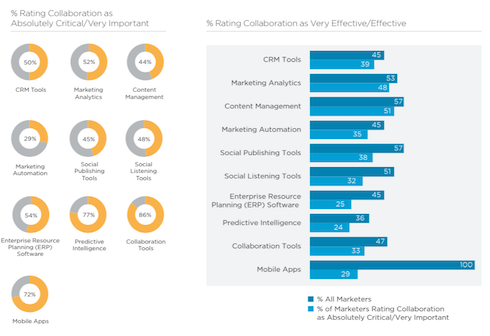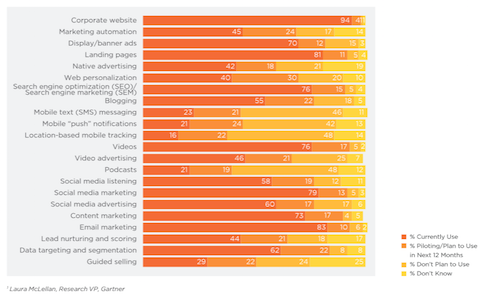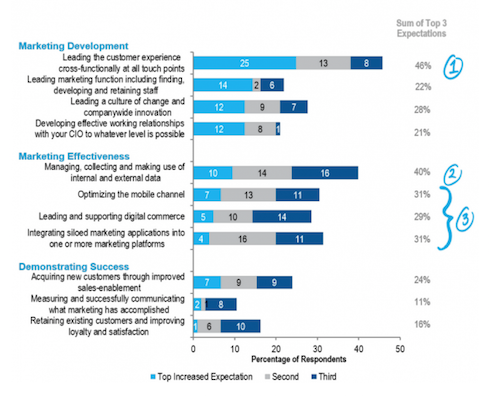By David Howell - January 15th, 2015
As corporations enter a new year, CMOs will be tasked with developing their business’ marketing strategies. Increasingly this will mean evolving their customer touchpoints especially across social media networks.
- Enterprise companies—defined as those with more than 2,500 employees—are significantly more likely to have adopted a customer journey focus as part of their overall strategy.
- 56% of enterprise companies have adopted a customer journey strategy, compared to 33% of mid-sized companies (those with 201-2,500 employees) and 27% of small businesses (those with 200 or fewer employees).
- However, only 29% of enterprise companies rate themselves as very effective or effective at creating a cohesive customer journey.
Next Reads
June 2015, New York
With over 50 expert speakers (including 15 CMOs and CCOs) from the world’s most social brands, and 300+ of your corporate peers in attendance, #CSMNY offers unrivaled learning, networking and benchmarking opportunities. It is truly THE social media event of year.
Brochure Programme


